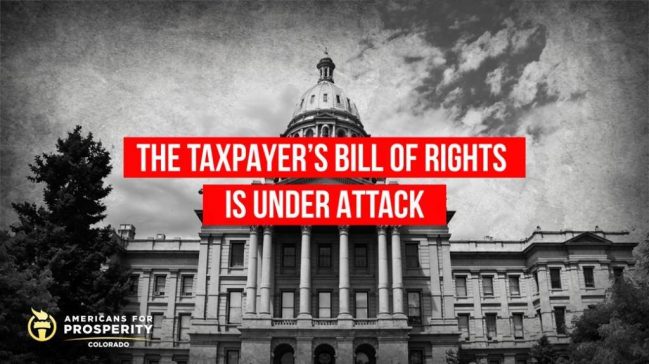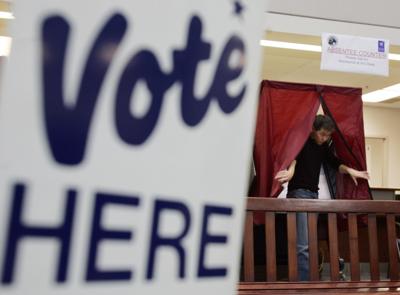In November, Coloradans will vote on whether or not to require statewide voter approval of new state enterprises if the enterprise’s projected or actual revenue from fees and surcharges is greater than $100 million within its first five years.
To qualify for the ballot, proponents needed to submit 124,632 valid signatures. Of the 196,090 signatures submitted by proponents on July 31, 2020, 138,852 were projected to be valid based on a random sample.
Enterprises were established through the Colorado Taxpayer’s Bill of Rights (TABOR) amendment of 1992. Enterprises are government-owned businesses that provide goods or services for a fee or surcharge that is paid for by the individuals or entities that are purchasing the goods or services. Examples of enterprises include the state lottery, state nursing homes, correctional industries, parks and wildlife, public colleges and universities, and the state unemployment insurance program. This is in contrast to government agencies or programs that provide goods or services that are paid for by tax revenue. Enterprises may receive a maximum of 10% of their annual revenue from state and local government sources but are otherwise financially independent from the state government and any local governments. Enterprise revenue does not count toward the TABOR limit. TABOR limits the amount of money the state of Colorado can take in and spend. It limits the annual increase for some state revenue to inflation plus the percentage change in state population. Any money collected above this limit is refunded to taxpayers unless the voters allow the state to spend it.
In the fiscal year 1993-94, the first year TABOR was in effect, enterprise revenue was $724.3 million. In 2017-18, state enterprises received $17.9 billion in revenue. In total, from 1993 to 2018, Colorado enterprises have received $150.17 billion in revenue.
To continue reading this story, please click (HERE):


